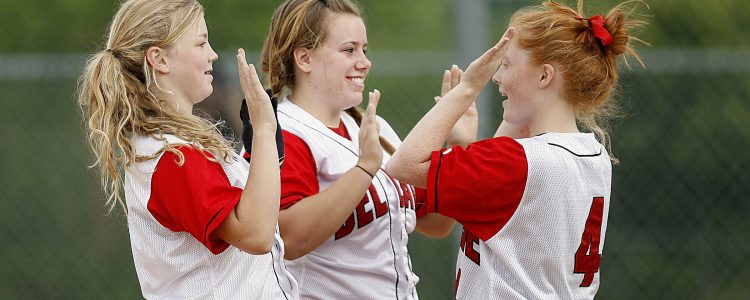Content from The Public Health Law Center
As society becomes more aware of and concerned with children’s health issues, communities are turning to schools to provide an environment that promotes both healthy eating and physical activity. School policies supporting healthy eating and physical activity are an important component of school efforts to promote the health and well-being of school children. Evidence shows that good nutrition and physical activity are linked to academic achievement. A strong healthy fundraising policy can help create and promote healthy habits and behaviors.
How do schools use fundraising?
School fundraisers have long been a part of going to school. Sports and other extracurricular activities have been supported by fundraising for decades. Recently, schools have turned to fundraisers to help pay for basic programs and other projects. Each year, fundraising revenues run into the billions of dollars. In years past, fundraisers involve the sale of foods that are high in fat, sugar, salt, and calories, such as chocolates, candy, cookies, fast food, cakes, pastries, pizza, doughnuts and more. This can create a mixed message for schools trying to teach healthier lifestyle habits.
What is healthy fundraising?
Healthy fundraising involves the sale of healthy foods and non-food alternatives. This fundraising can support nutrition education that is being taught in the classroom.
Healthy fundraising options can include:
- Fresh fruit
- Nuts
- Popcorn
- Trail mix
- Book fairs
- Field trips
- Calendars
- Clothing
- Magazine subscriptions
- Gift wrap
- Candles
- Coupon books
- Gift certificates
- Car washes
See full PDF for more information


